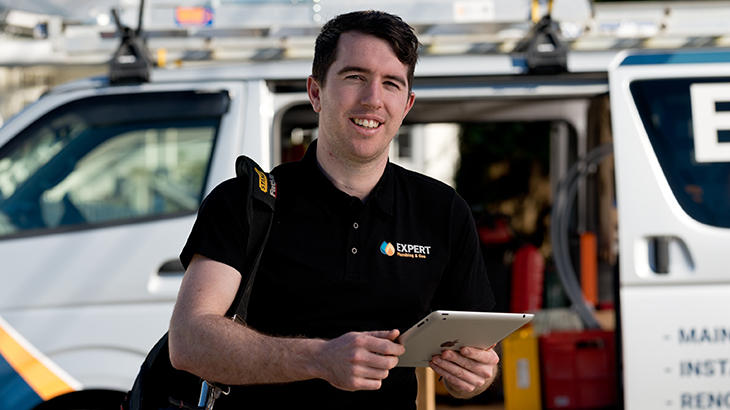ACC to make refunds as new system reveals business levy overpayments

We're refunding over 300,000 business customers after finding an overpayment issue that overcharged levies.
ACC will issue a levy refund to over 300,000 business customers after uncovering two historical overpayment issues, says Head of Business Customer Service Delivery, Phil Riley.
These issues are:
- We'll refund all first-year levies collected since 2002 from self-employed customers, who worked fulltime (ie averaged over 30 hours per week across the financial year). This affects approximately 106,000 customers and equates to approximately $36 million in levies.
- We'll also refund about $64 million to around 200,000 businesses who paid provisional invoices over the same period, in situations where they were not required to do so.
We'll also be paying interest but it's too early to say how much it will be in total.
The overpayments date from 2002, and total around $100 million or 0.37% of the levies collected from the Earners and Work accounts over that period. They were uncovered during preparations for a new levy system.
Refunds to begin in October 2018
“We'll begin refunding customers this month,” says Phil Riley.
“The average refund works out at about approximately $340 (excl GST) for first-year self-employed, and $415 (excl GST) for provisional payments.
“We very much regret the overpayments and apologise to anyone who made a payment that was not required. Our focus is now on making this right as soon as we can, and we have already begun contacting affected customers.
New system reveals overpayments
“ACC has been true to the intent of the regulations that newly self-employed people, such as all business owners, should pay a levy. However, we discovered last year that since 2002 the regulations have been drafted in a way that doesn't provide for the levying of first-year self-employed to occur.
“We became aware of the drafting issues while preparing to replace our old levy system, which included a legal check that the new system would be compliant with regulations. When we found the problem, we immediately stopped invoicing all newly self-employed people.
“We've taken the opportunity to consider how we invoice all self-employed people. We're currently seeking feedback during levy consultation on a proposal that will switch to an arrears approach similar to how self-employed customers pay income tax.”
Phil Riley says preparations to migrate data to ACC’s new levy system uncovered the second issue of provisional invoices being paid by businesses that had subsequently ceased trading or changed their business structure but not informed ACC.
“Since these two issues were uncovered, we've been working on a number of actions to clear the way for refunds. This includes:
- verifying the extent of the problem
- working with MBIE to assess if wider actions such as legislative change were required
- introducing our new levy system, which provides a permanent fix and allows automated reimbursements.
How long we expect it may take
“We expect it may take until April 2019 year to complete the refund process. We'll work with Inland Revenue, the Companies Office, and searching public records to trace people if we hold no current contact details. In the meantime, we strongly encourage customers to update their contact details through our form.
Phil Riley says the total refund has been factored into the levies that ACC is currently consulting on. ACC’s funding policy requires it to spread impacts over 10 years, so the refund accounts for a one cent increase in the Work Account (where a levy reduction is proposed), and well under one cent for Earners (where a 2.5% increase is proposed).



